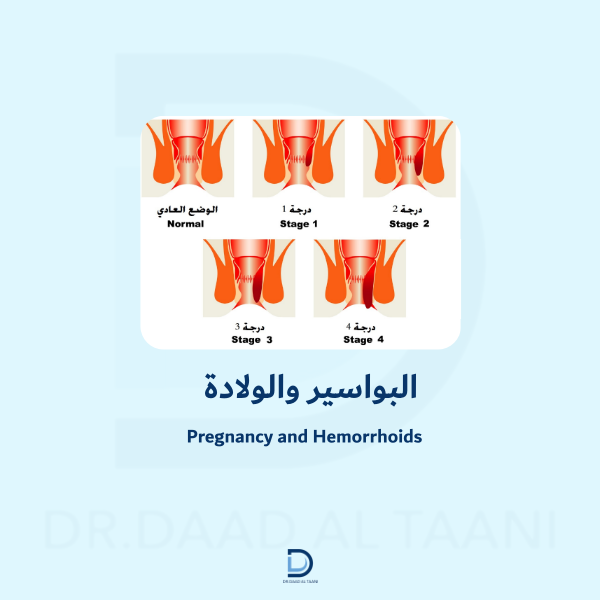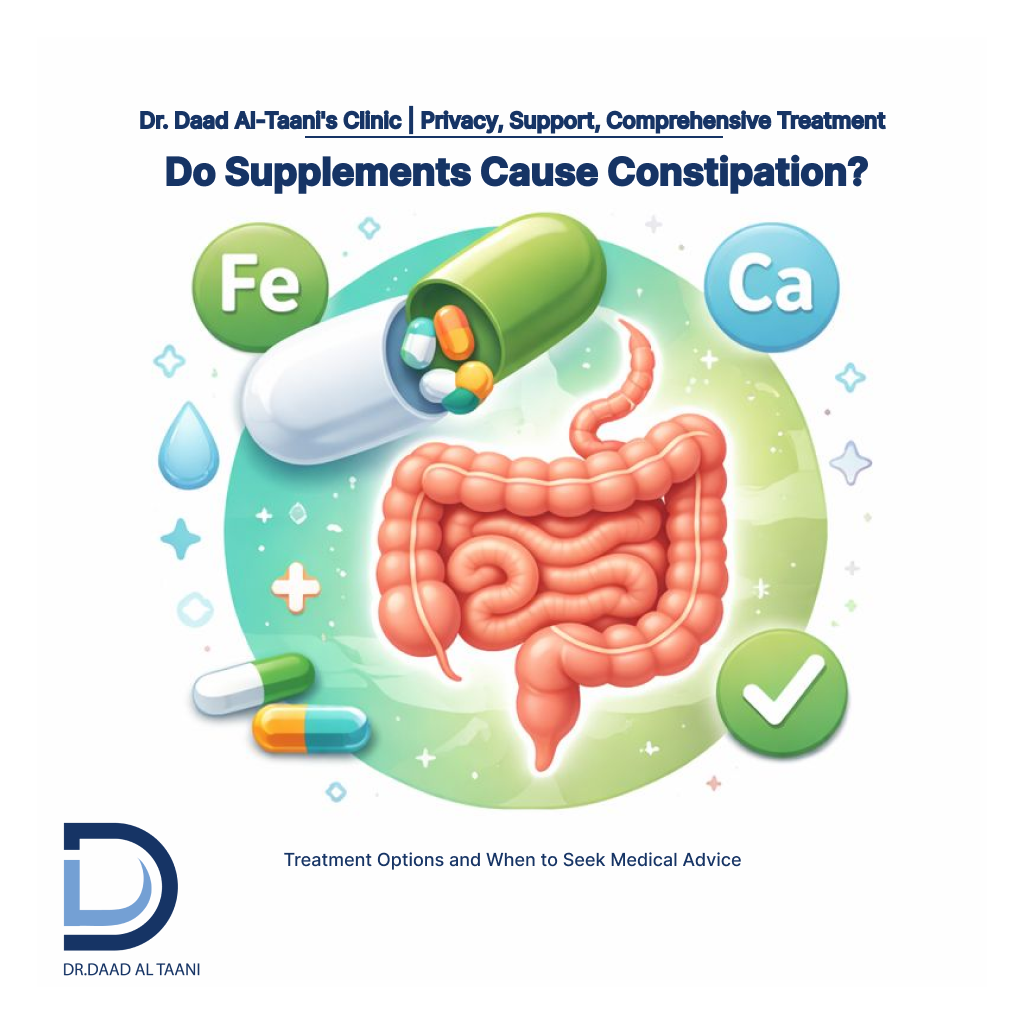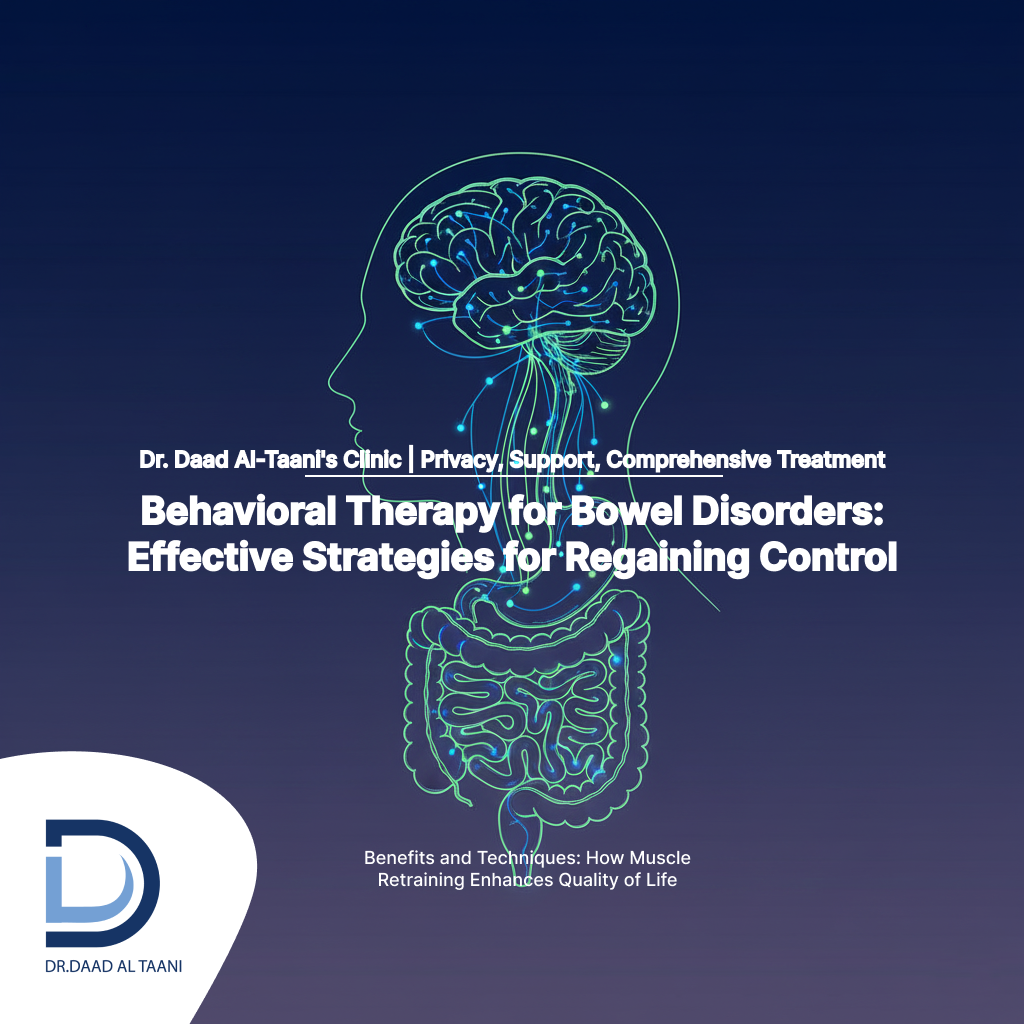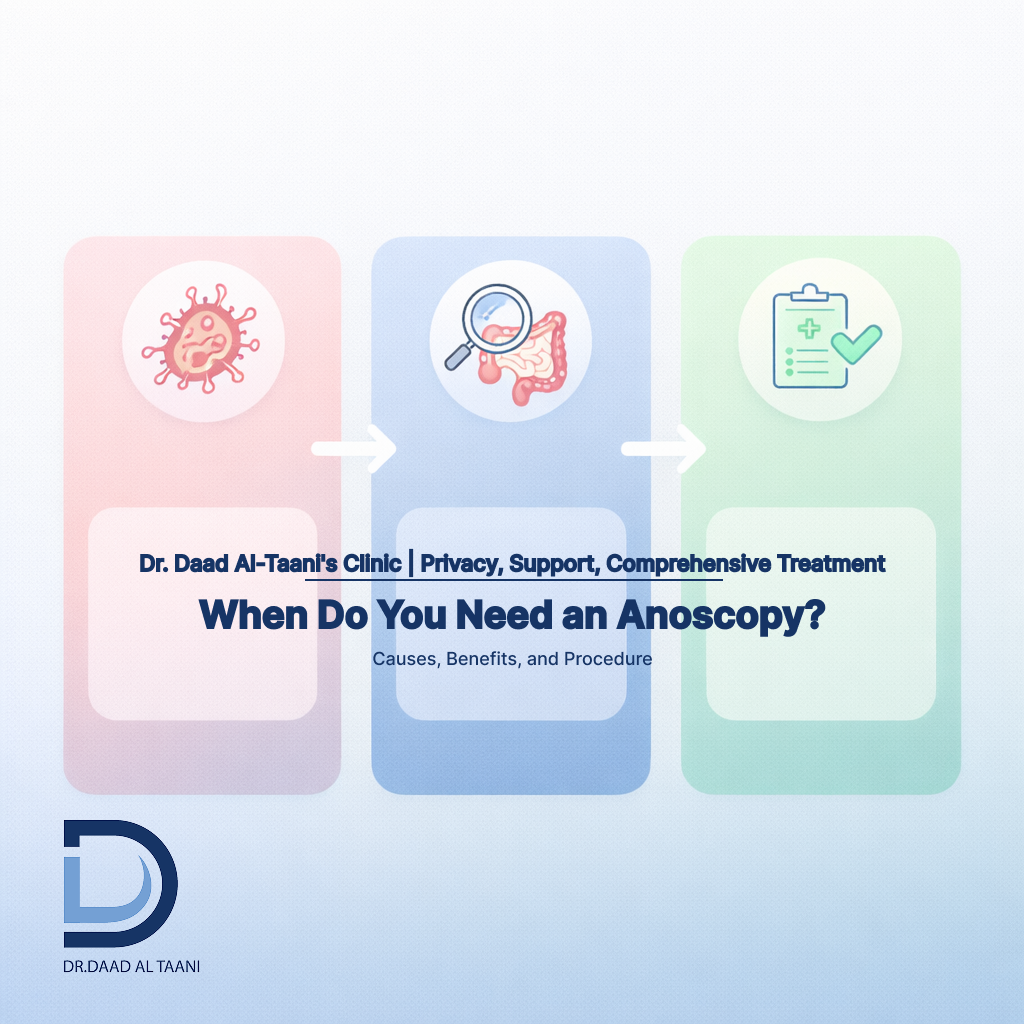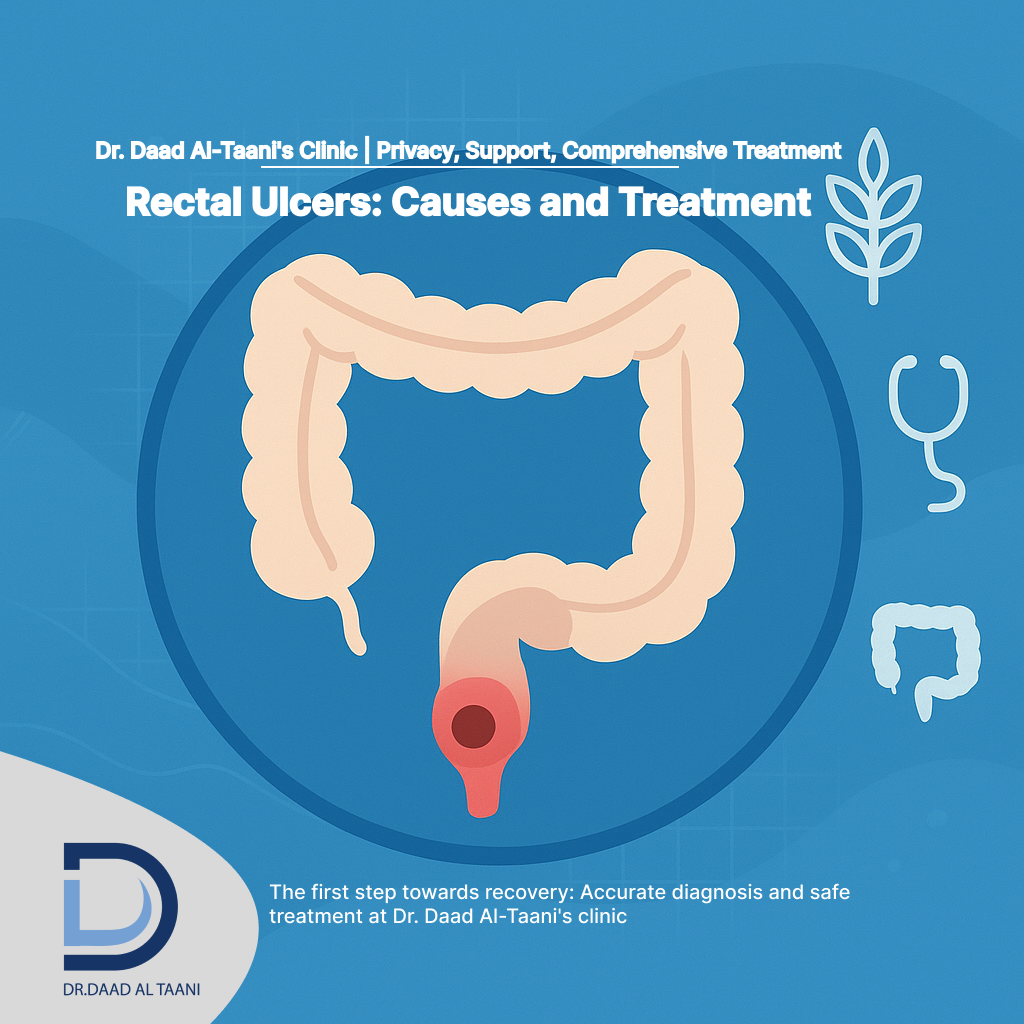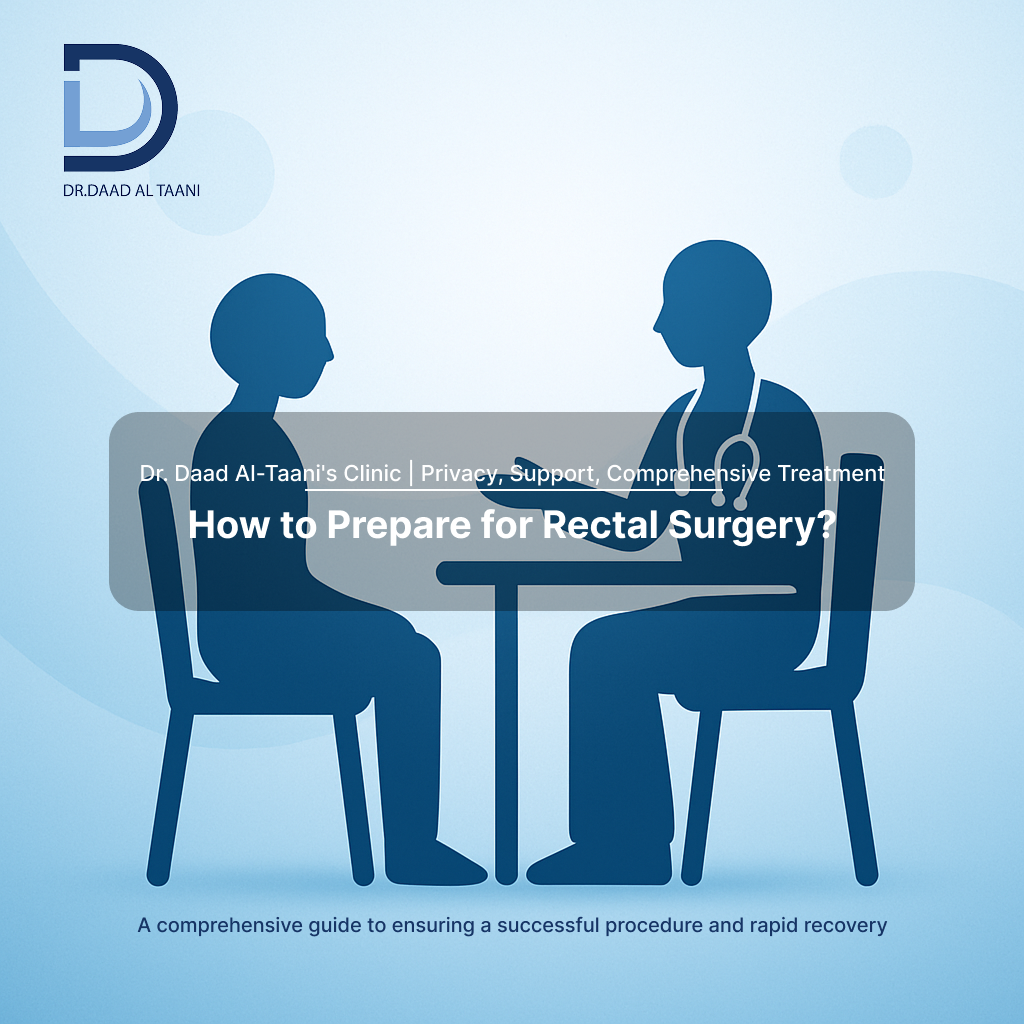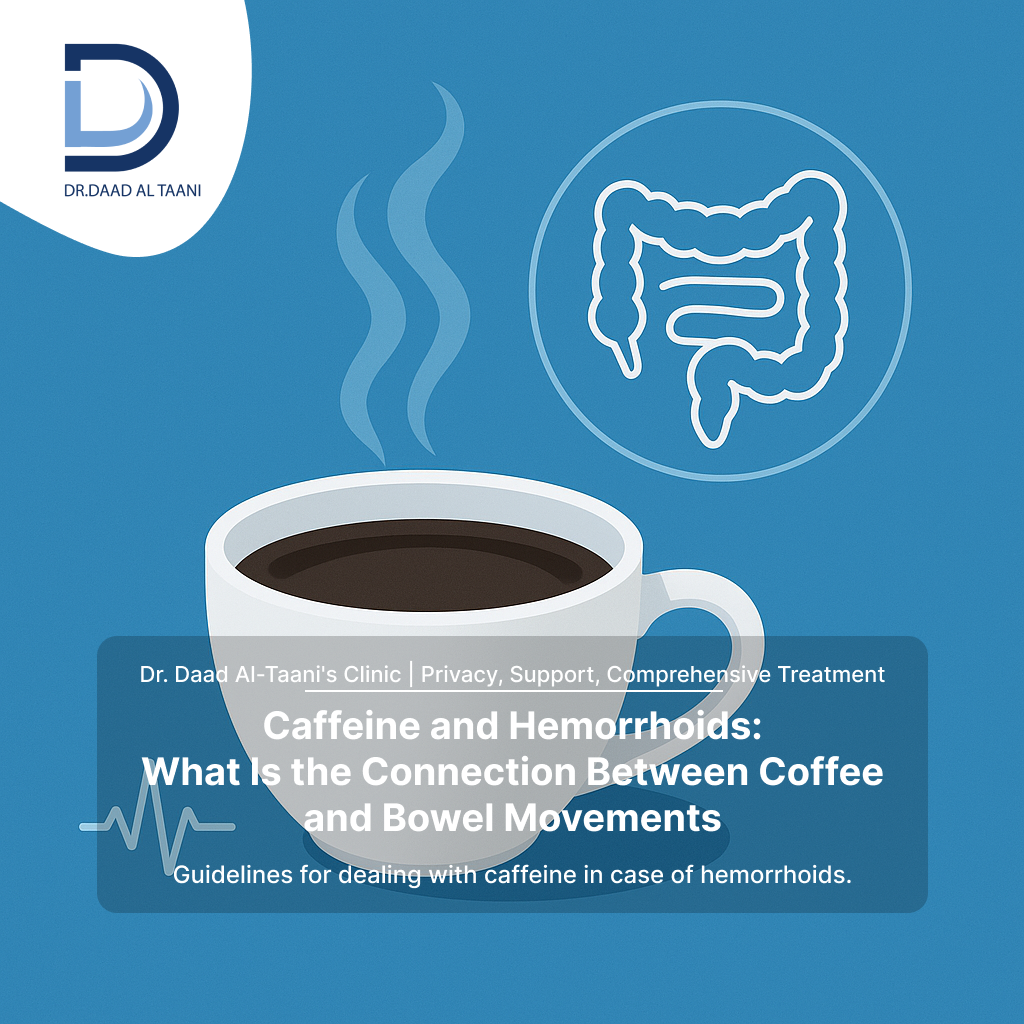Hemorrhoids during pregnancy: causes, effects and treatment methods
Hemorrhoids are swollen blood vessels inside and around the anus and lower rectum. This condition occurs due to excessive pressure on the veins, leading to symptoms such as pain, bleeding, and itching. In some cases, individuals may experience a burning sensation during bowel movements. Hemorrhoids are a common health issue that affects many women during pregnancy.
There are several causes of hemorrhoids. First, straining during bowel movements due to constipation is a major cause. When a person strains, the pressure on the blood vessels in the anal region increases, causing swelling. Second, genetic factors may play a role in developing hemorrhoids. Some people have weakened blood vessel walls, making them more prone to this condition. Additionally, hormonal changes and increased blood volume are other factors that may contribute to the expansion of blood vessels in the anal area, thus facilitating the development of hemorrhoids.
Hemorrhoids and Pregnancy
It is well-known that hemorrhoids are common during pregnancy, especially in the third trimester. This is due to the physiological changes that occur in the body during this period. For instance, the pressure caused by the growing fetus is a primary factor that increases pressure on the blood vessels in the pelvic area and rectum. Furthermore, hormonal changes, particularly the rise in progesterone levels, lead to the dilation of blood vessels, increasing the likelihood of developing hemorrhoids. In the same context, many women experience constipation during pregnancy, which contributes to increased pressure on the blood vessels. As a result, hemorrhoids become more noticeable during this time. In this article, we will discuss in detail how pregnancy affects the development of hemorrhoids and the various methods for treating them.
To watch exclusive interviews with Dr. Daad Al-Taani on this condition, please visit our YouTube channel.

